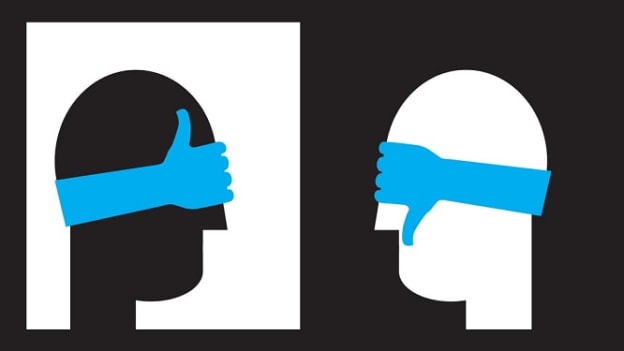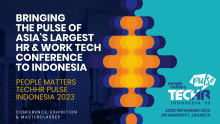The criticality of critical thinking

Albert Einstein quote – “No problem can be solved from the same level of consciousness that created it.” On the same lines, here’s another one – “If you want different results, do not do the same things.” In a VUCA world, the problems are complex and there is no one perfect solution. So, when the problems are changing the solutions need to change too. There’s no one size fits all approach to people, process and technology problems. But are we willing to think critically?
Critical thinking is a much needed competency, more so in recent times. What prevents us from thinking critically? Here are a few challenges that might come in the way.
- Trap of routine: Professionals are busy with everyday routine and by the time the routine ends, the day ends. There is no time to reflect and bring in newness to the work. Deadlines and demands of work are such that there is no time to sit and think!
- Ability to think: In the fast paced scenario of work the ability to think is also compromised. Instructions are followed and what needs to be done is done in the regular scheme of things. The targets are met, tasks are done and work is accomplished and a general sense of apathy prevails. Application of learning also becomes an uphill task as that requires thinking!
- Curiosity tax: Most discoveries and innovations have something in common that they are the result of curiosity. The impulse to seek new information and experiences and explore novel possibilities is a basic human attribute. Research says, curiosity is much more important to an organization’s performance than was previously thought. That’s because cultivating it at all levels helps leaders and their employees adapt to uncertain market conditions and external pressures: When our curiosity is triggered, we think more deeply and rationally about decisions and come up with more-creative solutions. In an enterprise where the criteria is to get the job done and that is all that matters, we tend to pay a tax on curiosity.
- Power and other matters: In workplaces where success, experience and position matters, new people may not be encouraged to try out new ideas leading to a drain in innovation. In cultures which are not psychologically safe, making mistakes is looked down upon, curbing creativity and talent. Making mistakes could be seen or perceived as incompetence. On a different note, I read about a leader making a mistake costing the company thousands of dollars and he thought that he would be fired and when he was called for a meeting with his boss he went in thinking the worst. But what happened was a surprise to him, the boss sat him down and asked, “Tell me, what you learned from this mistake.” The organization looked at mistakes as stepping stones for growth and success.
- Perspective on the problem: At times, the ability to look at the problem from the other’s perspective is missed. We look at known ways of solving problems and apply the same to other contexts which misfires.
- Mindset: A leadership mindset which tends to assign blame, focus on external circumstances instead of taking personal responsibility, being accountable and taking ownership for self and the team concedes to mundane ways of thinking and being.
Critical thinking leading to generation of new ideas, newer ways of thinking, innovating is a matter of culture, context and person specific to an extent. It thrives in workplaces that allow for learning, relearning & unlearning and in cultures where routine is favoured it fades away into dim light!
To know more about driving productivity and performance in the new world of work join us for People Matters' Workforce Productivity Conference.















